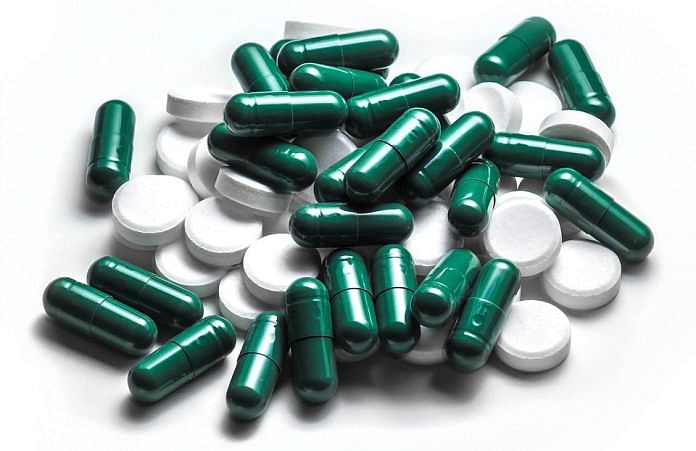Uzbekistan is offering Indian firms incentives including free land, tax holidays of up to 10 years and faster green clearances, among others.
New Delhi: To increase the production of bulk drugs by Indian companies and reduce dependence on China, India may soon shift a sizeable part of its manufacturing capacity to Uzbekistan in central Asia.
In exchange for Indian know-how, the former Soviet republic is offering incentives including free land, tax holidays of up to 10 years, faster environmental clearances, and subsidised electricity and water – in essence, everything that Indian manufacturers need to produce bulk drugs cheaper than China.
Despite producing a fifth of the world’s generic drugs, India imports over 60 per cent of its bulk drug requirement from China. Bulk drugs or active pharmaceutical ingredients (APIs) are essential raw materials for manufacturing medicines — paracetamol, for instance, is the API in Crocin which gives the medicine its therapeutic effect.
Over the years, China has captured a 40 per cent share in the global API market. India imported APIs worth $1.8 billion (Rs 11,635 crore) during the last fiscal.
Reducing dependence on China
To reduce dependence on Chinese APIs, the Indian government has been looking for ways to reduce the cost of production within India. Enter the Uzbek government, with an irresistible deal.
“The Uzbek government is offering us eight pharma parks. Free land and tax holidays for up to 10 years are the two biggest advantages which the Indian government is not offering to local manufacturers,” said Viranchi Shah, chairman of the Gujarat chapter of the Indian Drug Manufacturers Association, who was part of the Indian government-led delegation that visited Uzbekistan in March.
More than 1,150 bulk drug units produce about 350 bulk drugs in India.
In the first phase, the government is likely to shift a fifth of the industry, or around 200 units, because Uzbekistan does not immediately have the skilled manpower required to handle more, according to a source in the department of pharmaceuticals. However, it is waiting for the consent of manufacturers before finalising details of the plan.
Sharing Indian know-how
In return, the Uzbek government expects India to share know-how of manufacturing drugs.
Uzbekistan’s population of 3 crore is as small as Assam’s, and the country relies on imports to meet its pharmaceuticals requirement.
“The country is attracting foreign investors with relevant knowledge to establish ventures on their land. The deal is clear as India is one of the largest manufacturers of drugs across the globe,” a senior official from the Department of Pharmaceuticals said, requesting not to be named as the proposal is still under consideration.
“In the past, we had encouraged companies to grow pulses on African land, especially in Nigeria and Tanzania. These companies now export pulses worldwide at competitive prices and also sell it in India for domestic consumption,” another senior bureaucrat from DoP said. “We are exploring a similar opportunity in bulk drugs.”
On 11 May, Mansukh Mandaviya, minister of state for chemicals and fertilizers, had called a meeting with bulk drug manufactures to discuss the Uzbek offer, but postponed it due to sudden travel plans.
“The meeting is likely to be rescheduled in the coming week,” V.V. Krishna Reddy, president of the Bulk Drug Manufacturers Association, said.
The Uzbek embassy did not respond to emails seeking comment.






